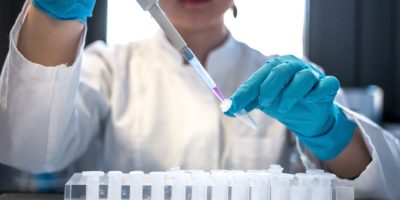National Progress on Antimicrobial Resistance
The Lancet recently released an article on the world’s countries national progress on AMR. Factors such as AMR awareness, surveillance, infection incidence, or sustainable investment have been included in the survey that the countries need to fill in, as part of the Global Action Plan on AMR endorsed by the World Health Assembly.
“On May 22, in the shadow of WHO Director-General elections, WHO, the Food and Agriculture Organization of the UN, and the World Organisation for Animal Health presented progress on the first open survey of countries’ national action plan preparedness on Antimicrobial Resistance (AMR) at the 70th World Health Assembly.
145 governments—around 95% of the world’s population—responded. The survey targets the objectives of the Global Action Plan on Antimicrobial Resistance (AMR) adopted in 2015 at the country level: to improve awareness of antimicrobial resistance, strengthen knowledge through surveillance and research, reduce infection incidence, optimise the use of antimicrobial agents, and develop the economic case for sustainable investment.
Some progress has been made. 77 countries have a multisectoral plan and 57 are in the process of developing one. Yet, 37 countries reported no formal plan. Unsurprisingly, high-income countries reported more capacity in all aspects of the AMR response, with fragile states faring worse. Human health systems are progressing better than those for animal health. For example, 33 countries reported no AMR training of the veterinary sector, compared with 12 without AMR training in the human health sector.
Countries were asked to report by the 2017 Assembly and The Lancet welcomes this intersectoral effort. Two areas are however worthy of further consideration in future surveys. As the 2015 Lancet Series on antimicrobial resistance reported, addressing AMR requires balancing excess use with access to life-saving medicines. The Berlin Declaration of the G20 health ministers meeting last week committed to work on national plans for AMR and research and development for new drugs. Monitoring of committed plans through to implementation in national programmes is important for accountability. Finally, defining the role of ecosystems, particularly the evolution of a microbial system shared by humans, animals, and other biological organisms, will be critical to tackle current and future AMR challenges.”
Source: The Lancet
The original article can be found here.
Related updates

Important Pieces Of A Puzzle

Reflections On COMBACTE-NET
